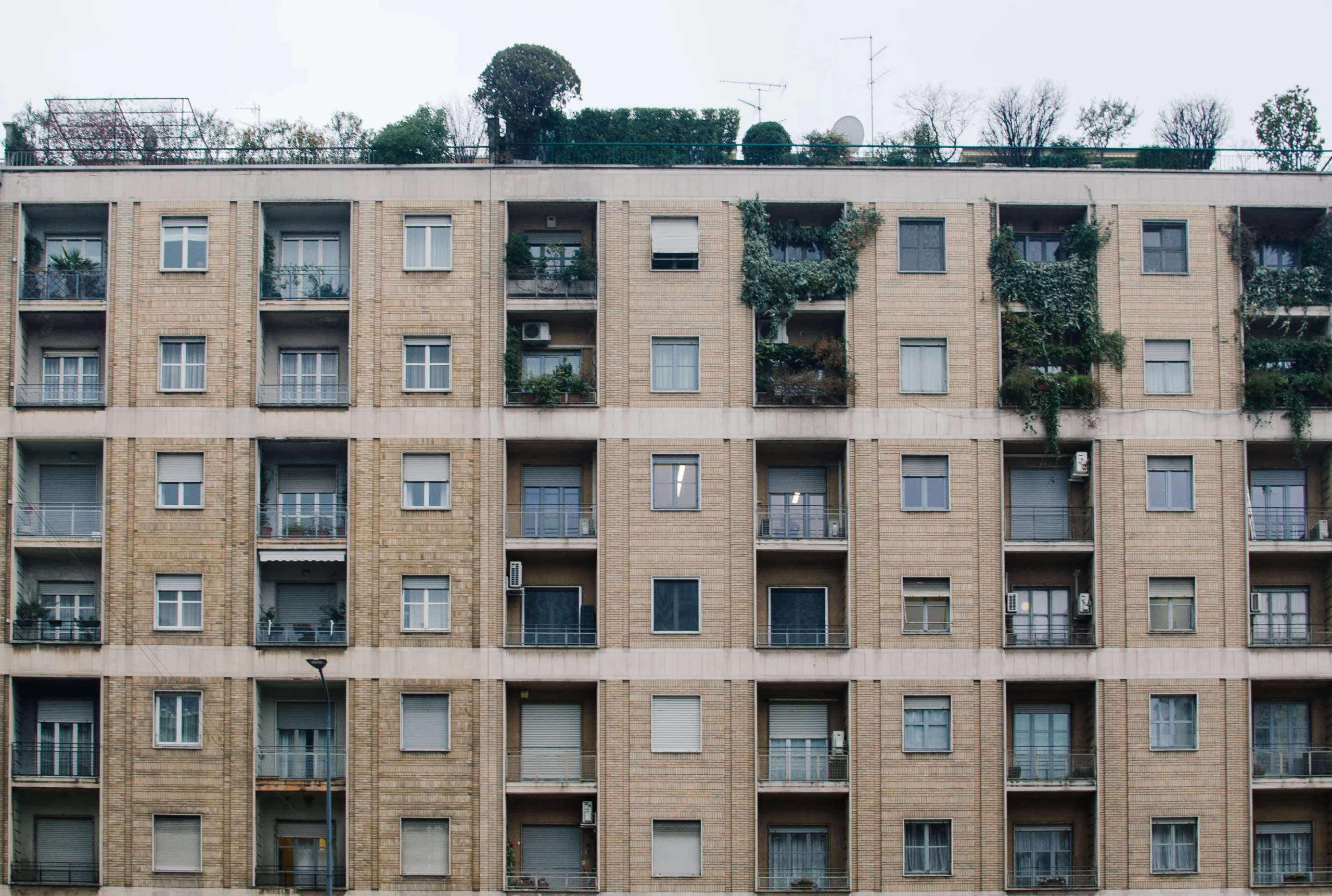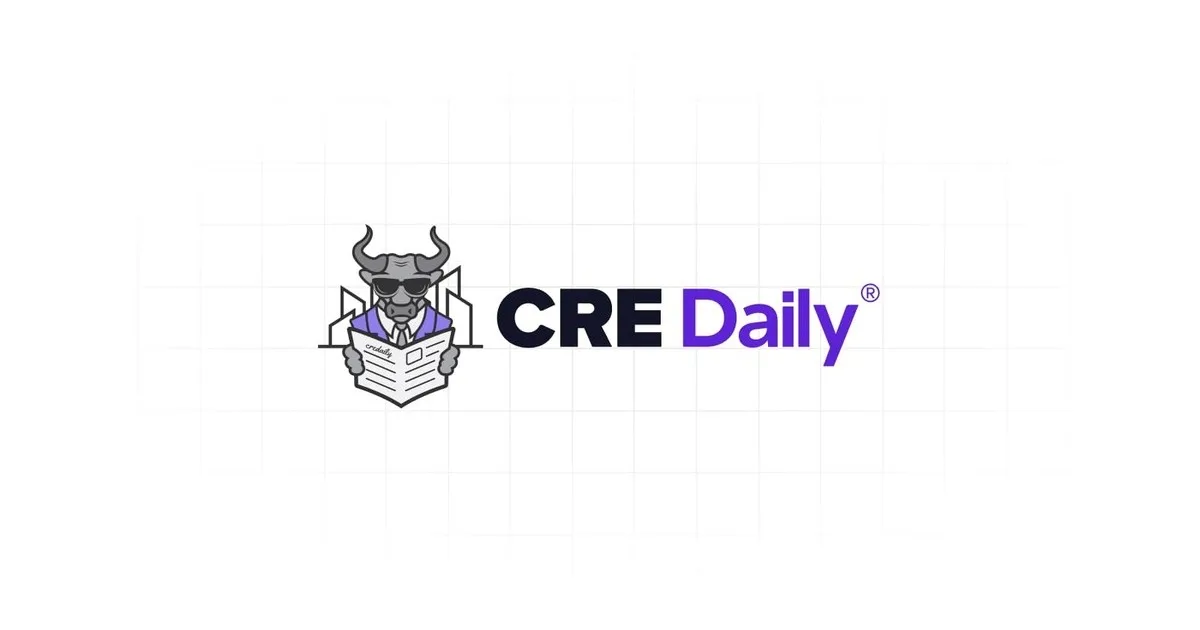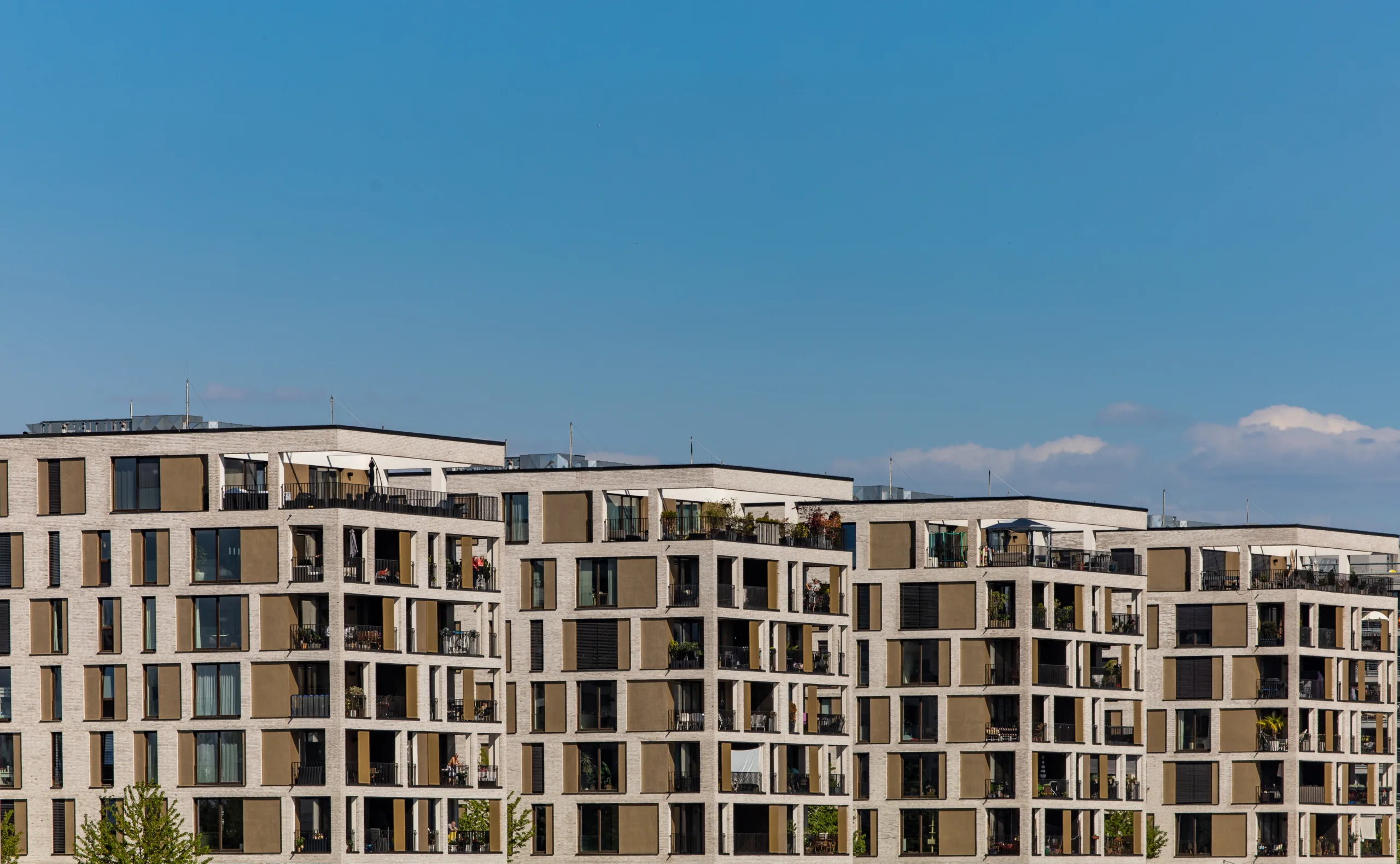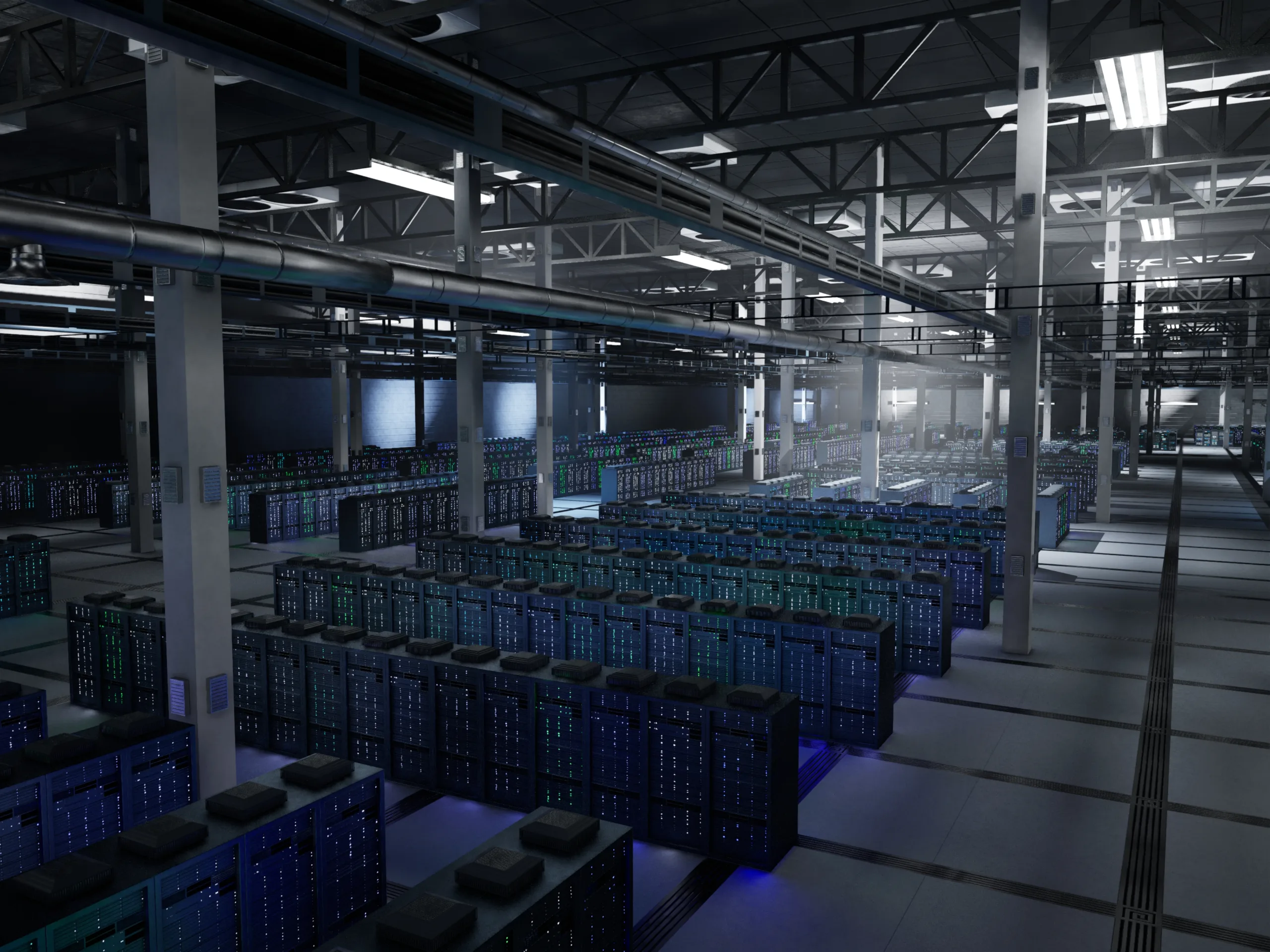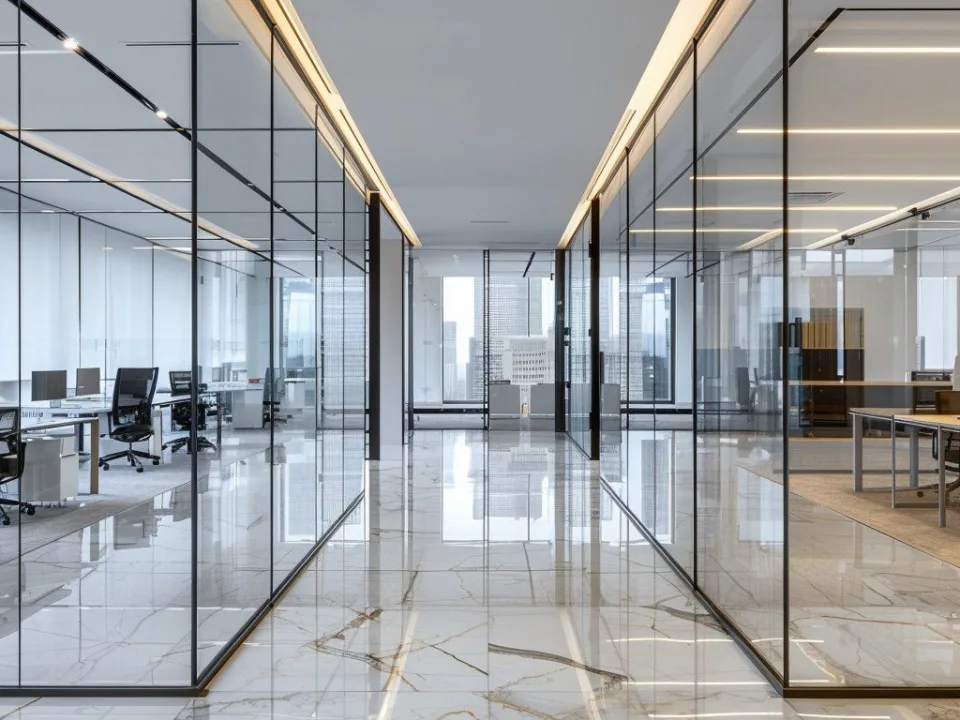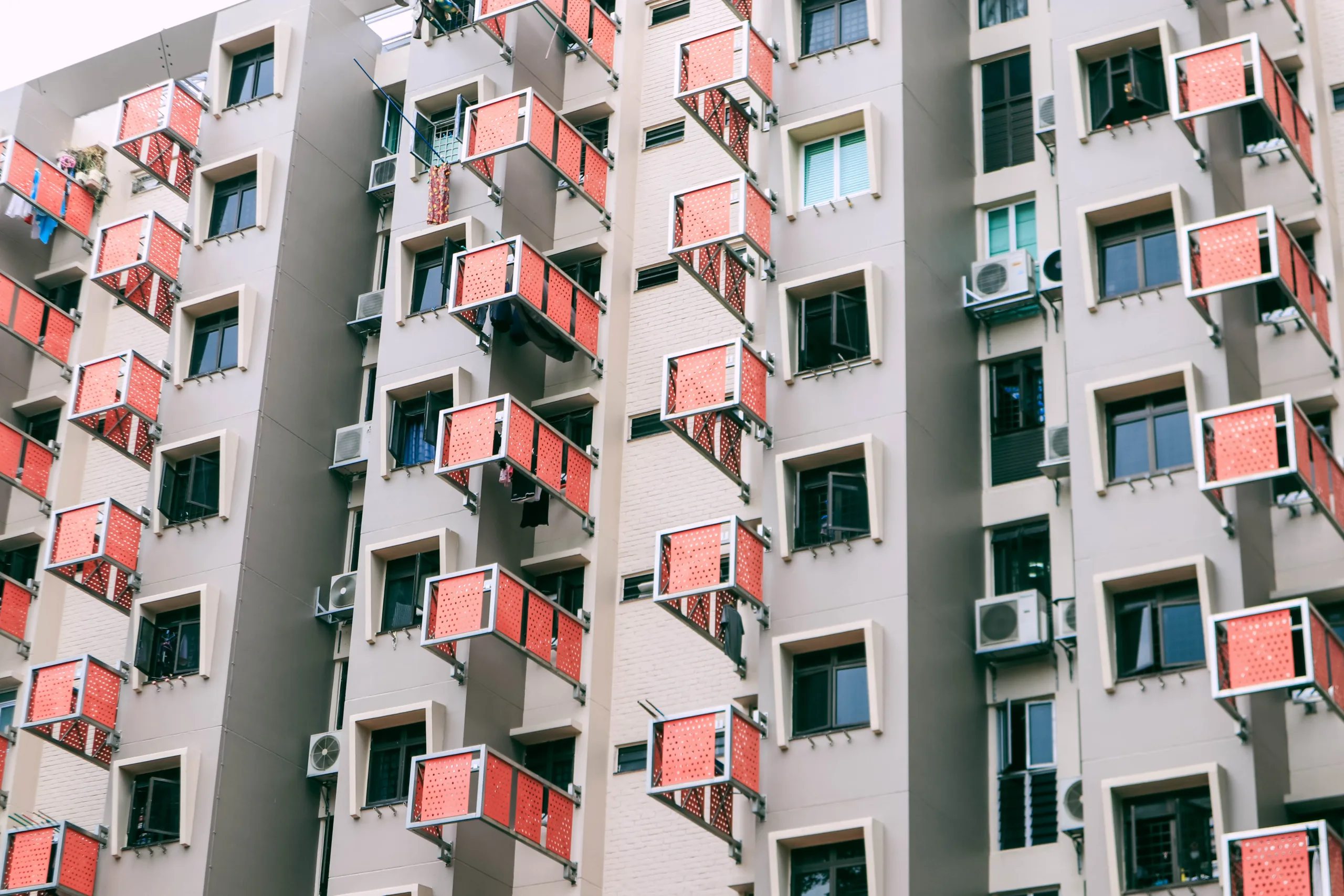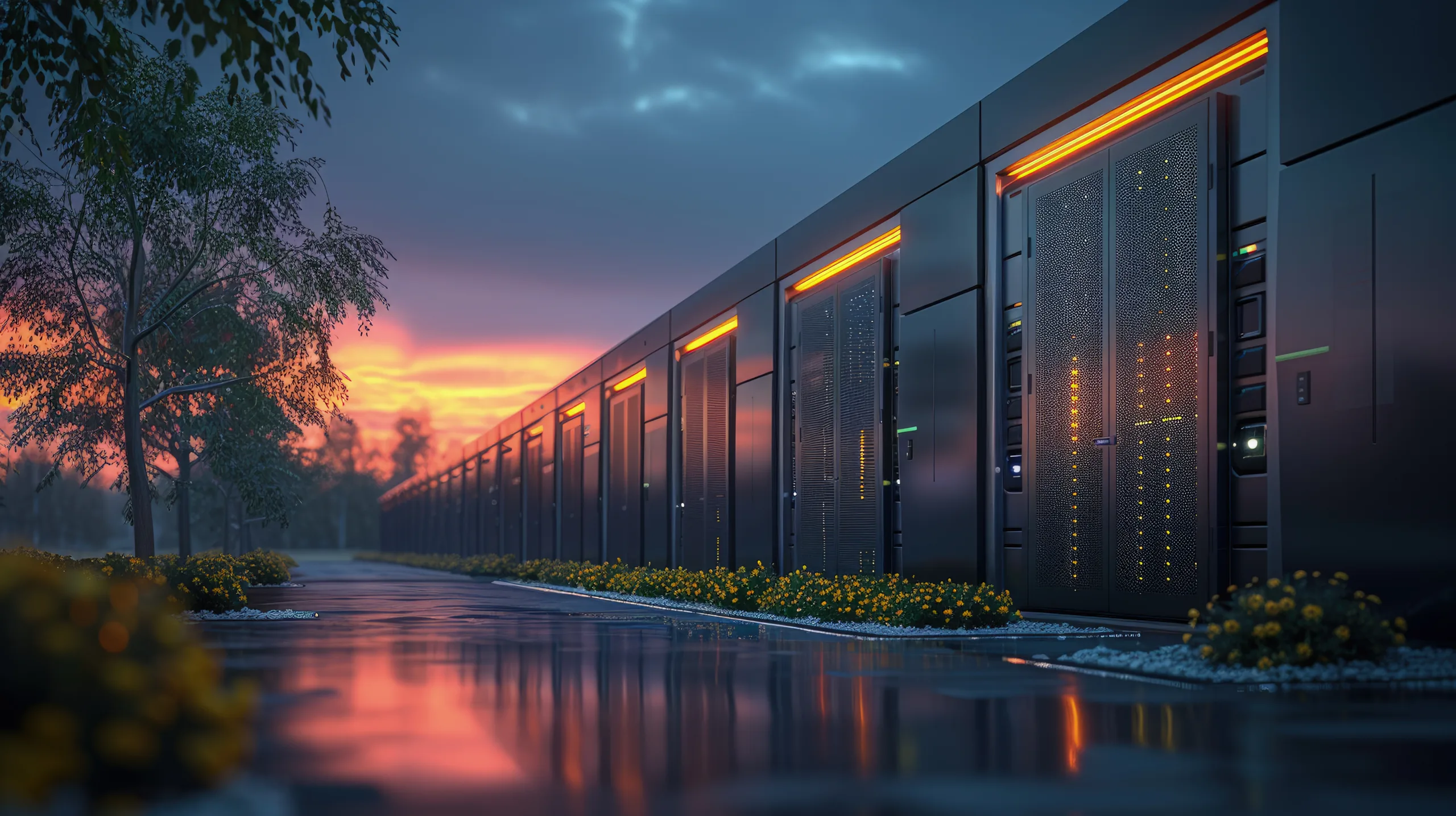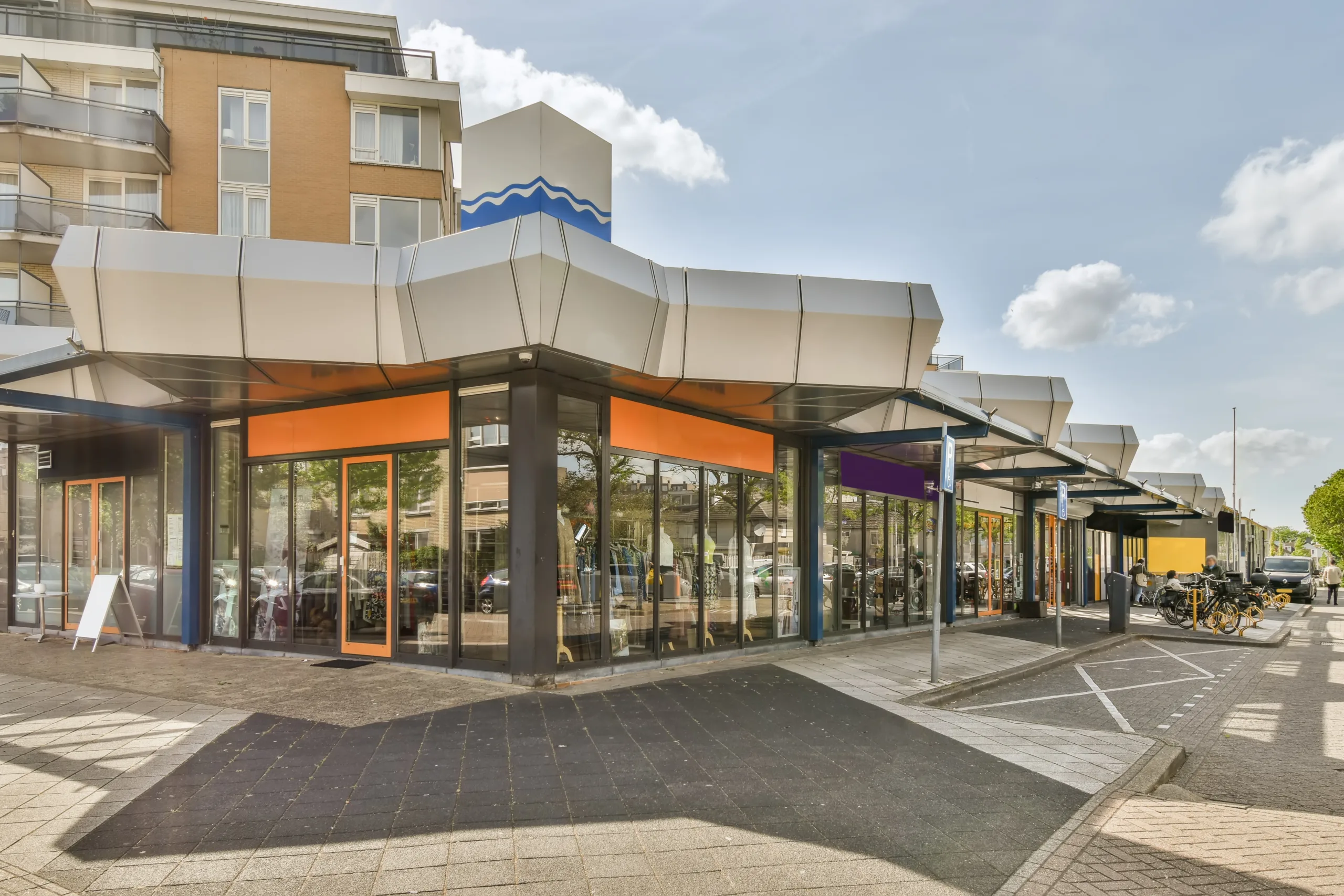- xAI’s “Colossus” initiative includes two major supercomputing data centers in Memphis, with operations already underway at one site and another in development.
- Environmental groups have raised concerns about gas turbine emissions and high water usage, warning of increased health risks in a region with high asthma rates.
- Memphis leaders and business groups support the project, citing potential for job creation, economic development, and positioning Memphis as a future AI innovation hub.
A High-Stakes Bet On AI
Elon Musk’s artificial intelligence company xAI has launched an ambitious expansion in Memphis, Tennessee, reports CoStar. The company is developing two data center projects under the banner “Colossus.” These facilities will house some of the world’s most powerful AI supercomputers, aimed at fueling xAI’s chatbot Grok and competing with tech giants like OpenAI and Microsoft.
Inside The Projects
The first facility, operational since June 2024, repurposes a former Electrolux plant in southwest Memphis. The second, a 1M SF warehouse on 108 acres at 5420 Tulane Road, is slated to go live between December 2025 and March 2026. xAI paid $80M for the site and has begun converting it to house AI infrastructure.
Both data centers are energy- and water-intensive, with reports stating the centers will require up to 1.3M gallons of water daily for cooling. Power comes from a new substation and agreements with the Tennessee Valley Authority and Memphis Light, Gas and Water.
Get Smarter about what matters in CRE
Stay ahead of trends in commercial real estate with CRE Daily – the free newsletter delivering everything you need to start your day in just 5-minutes
Community Pushback Builds
Despite the economic promise, environmental and neighborhood groups have mounted strong opposition. Chief among their concerns:
- Air Quality: xAI’s use of dozens of gas turbines—reportedly unpermitted—has sparked a legal warning from the Southern Environmental Law Center (SELC), which accuses the company of violating the Clean Air Act.
- Health Risks: Memphis has Tennessee’s highest asthma rates, and critics say turbine emissions could worsen conditions in already vulnerable communities.
- Water Usage: The massive daily water consumption is raising questions about sustainability and potential strain on local resources.
“We are seeing an environmental injustice unfold,” said Rep. Justin Pearson, who represents the area and has spoken against the project’s health implications.
Local Leaders Stand By Musk
Memphis officials and business leaders argue the project is a long-overdue investment in underserved areas. Mayor Paul Young has publicly supported xAI, suggesting tax revenues from the data centers could fund reinvestment in southwest Memphis.
“This isn’t a debate between the environment and economics,” Young wrote in June. “It’s about building something better for communities that have waited far too long for real investment.”
Similarly, the Greater Memphis Chamber called the project a key catalyst for Memphis to become a global AI epicenter.
What’s Next
While environmental groups may pursue litigation, the xAI projects are moving ahead with support from major financial backers like BlackRock, Fidelity, and Andreessen Horowitz. Other tech giants like Nvidia, Dell, and Super Micro Computer have announced plans to set up nearby, reinforcing Memphis’s emerging AI corridor.
With AI infrastructure demand growing 33% annually, Memphis’s rise as a supercomputing hub is likely to continue despite controversy.
Why It Matters
xAI’s Memphis project represents the growing clash between rapid AI development and its environmental footprint. As cities compete to attract tech investment, communities face tough choices. Balancing economic gains with public health and environmental safeguards could shape the next chapter of the AI revolution.
